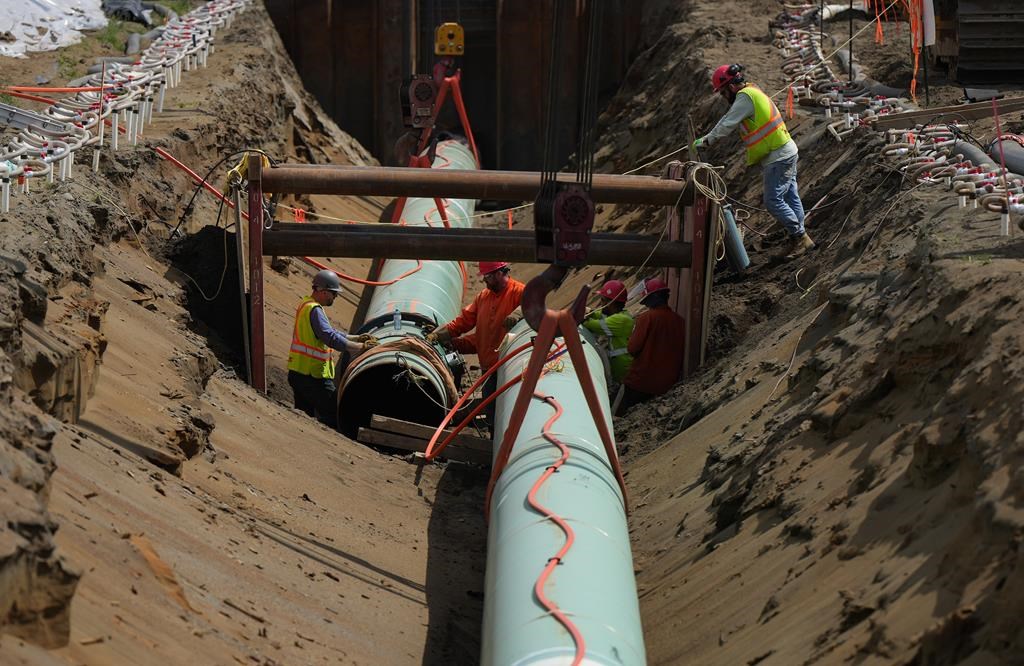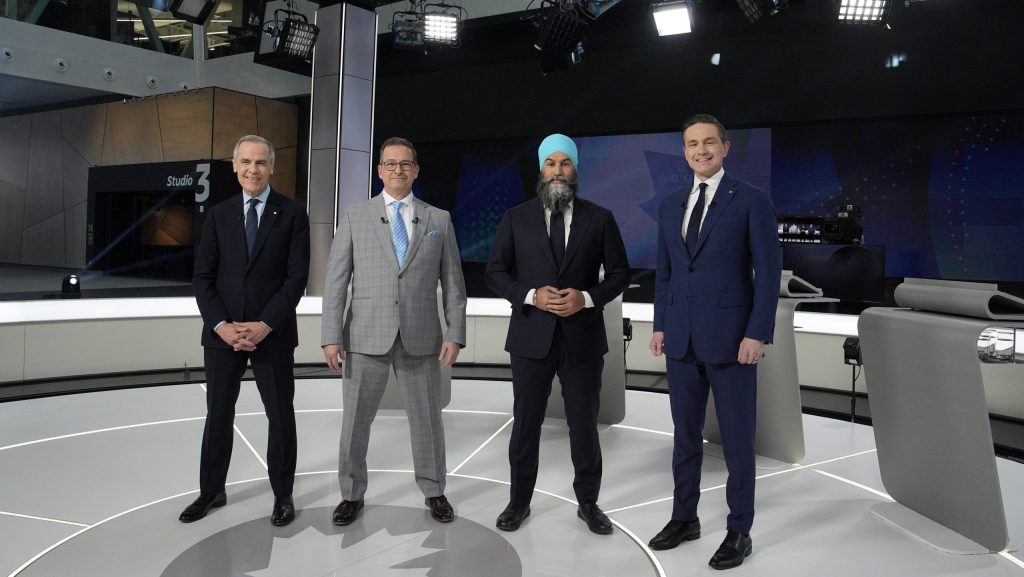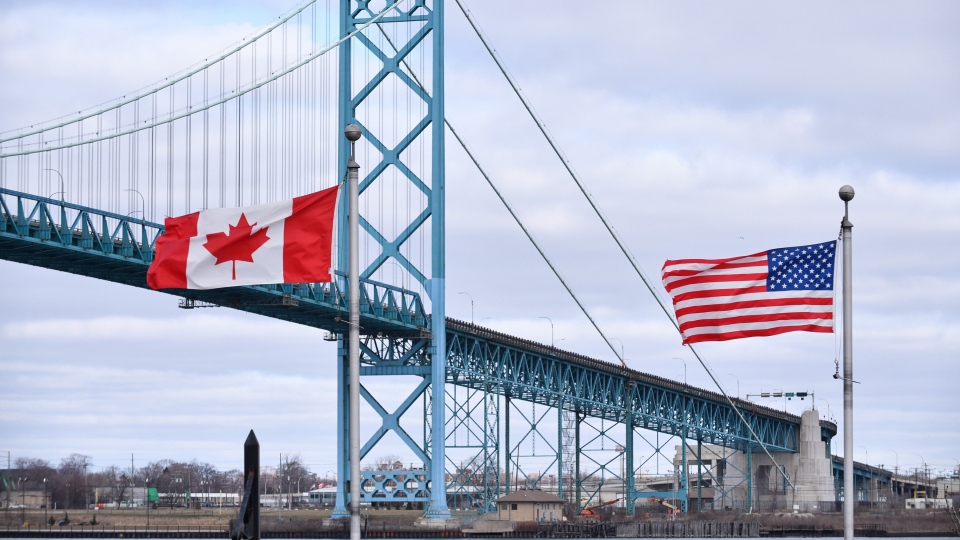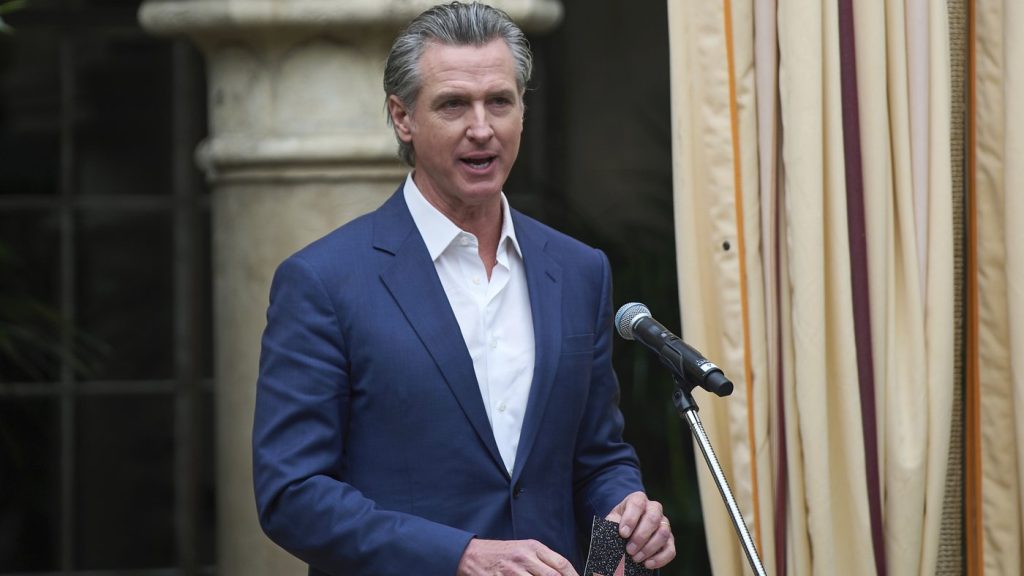During the French-language debate held on April 16, 2025, federal party leaders in Canada engaged in intense discussions regarding energy policies, particularly focusing on a potential east-west pipeline and nuclear energy. These topics sparked both agreements and disagreements among the leaders as they navigated the complex landscape of energy production and environmental concerns.
Liberal Leader Mark Carney and Conservative Leader Pierre Poilievre found common ground in their support for new oil and gas pipelines, as well as nuclear energy, framing these elements as crucial for national security. Carney articulated the necessity for Canada to increase its oil production to decrease dependence on U.S. imports, which he deemed a threat. He stated, "We need a low-risk, low-cost, low-carbon petrol to be competitive in the long term," while also emphasizing the importance of investing in carbon capture technologies.
Poilievre echoed Carney's sentiments, arguing that the pipelines are significant for preserving Canadian sovereignty. He highlighted that an east-west energy corridor would diminish the reliance of Canadians, particularly Quebecers, on the U.S. "Quebecers that buy Alberta oil, it needs to go through the U.S., giving the power to Donald Trump on our own energy," he declared, positioning pipelines as vital for economic and energy sovereignty across Canada.
Despite the agreement between Carney and Poilievre, Bloc Québécois Leader Yves-François Blanchet voiced opposition to the pipelines. He argued that Quebecers do not benefit from a national energy corridor, advocating instead for a progressive shift away from oil to combat climate change, which he claimed would impose significant financial burdens on families in the long run. "We have to progressively get out of oil because paying for damages from climate change will cost thousands of dollars per family per year," he stated.
New Democratic Party Leader Jagmeet Singh also opposed the focus on increasing oil production and nuclear energy, advocating for public investments in clean and renewable energy solutions. Singh stressed the urgency of addressing the climate crisis, pointing out that Quebecers have already experienced its severe effects, such as extreme temperatures and natural disasters. "I want to spend public funding in a clean electricity grid across the country. Renewable energy is the need of the future," he emphasized.
Blanchet criticized the Liberal government for its substantial financial support to oil and gas companies, alongside highlighting the lengthy and costly process associated with the Trans Mountain pipeline. He asserted that Quebec is well-positioned to become a clean energy superpower, feeding a market directly across the border without needing to negotiate with the rest of Canada.
Poilievre countered by claiming that a Conservative government led by him would not subsidize pipelines, suggesting that they are already profitable enough. He also criticized existing legislation, particularly Bill C-69, for impeding energy projects, stating, "C-69 bans oil and gas pipelines across Canada. I will repeal the law to allow construction of hydroelectric projects, mines, and pipelines." He pledged to streamline processes to facilitate energy development.
When pressed on the stance of Indigenous nations and provincial governments regarding pipeline projects, Poilievre referenced the Northern Gateway pipeline project, which he claimed had significant First Nations support. He emphasized that majority support should guide decisions on such projects, suggesting that pipeline companies should directly contribute to Indigenous communities to help alleviate poverty.
In contrast, Carney maintained his position that he would never impose pipeline projects if local communities opposed them. He underscored a strategy of collaboration with provincial leaders and First Nations chiefs to leverage a collective approach for energy corridor development.
On the topic of nuclear energy, Carney and Poilievre found agreement once more, with Carney expressing optimism about Canada's nuclear capabilities. He highlighted existing resources and technology, stating, "We have uranium... and the technology." Poilievre pointed out that bureaucratic obstacles have delayed nuclear plant constructions and committed to reforming the Canadian Nuclear Safety Commission to expedite this process.
However, both Blanchet and Singh remained skeptical about expanding nuclear energy, reinforcing their preference for renewable energy initiatives over traditional nuclear projects. The debate encapsulated a critical moment for Canadian energy policy as party leaders navigated differing priorities and ideologies regarding energy production and environmental stewardship.











